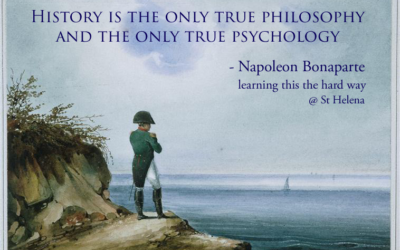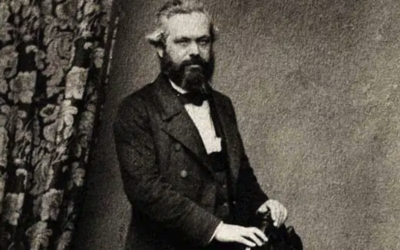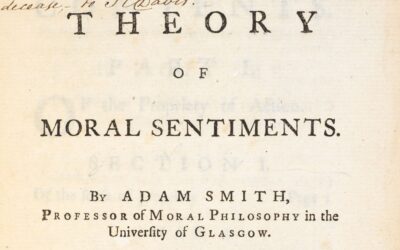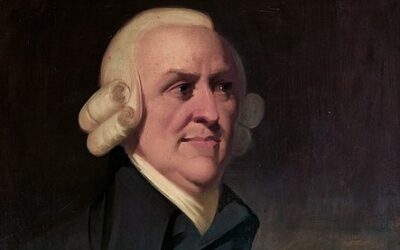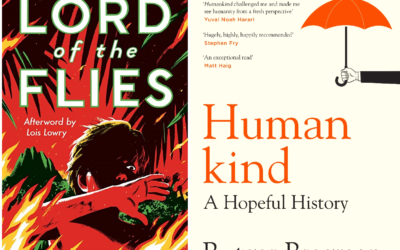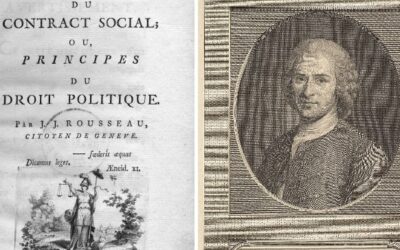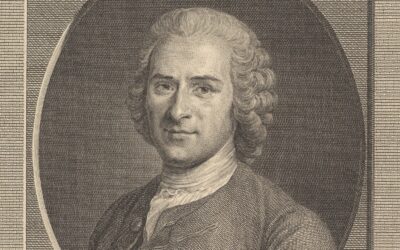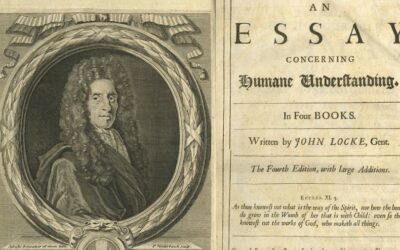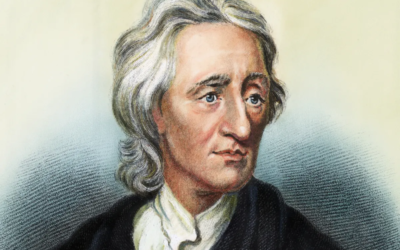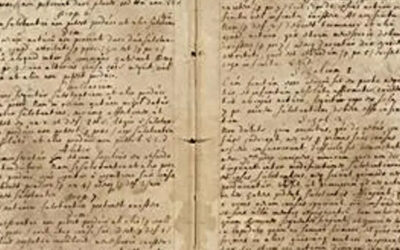Notecards
Most influential books on human nature and ethics
The Epic of Gilgamesh (c 2000 BCE): This ancient Mesopotamian poem tells the story of Gilgamesh, a king who is searching for immortality. The poem explores themes of human nature, such as the nature of good and evil, the meaning of life, and the importance of...
History is the only true philosophy and the only true psychology
"History is the only true philosophy and the only true psychology" - Napoleon Bonaparte, writing from exile in St Helena "One of the penalties for refusing to participate in politics is that you end up being governed by your inferiors." - Plato, "The Republic" (circa...
101 most influential
Here is a grouping of the moral questions raised by the works listed below, along with the answers or perspectives they offer. The works are grouped by similar themes or questions they address: Nature of Good and Evil, and Human Nature The Epic of Gilgamesh: Explores...
On the Genealogy of Morality – Friedrich Nietzsche
Abstract:This journal article critically examines Friedrich Nietzsche's influential works, "On the Genealogy of Morality" and "Beyond Good and Evil," to uncover their insights into human nature and ethics. By closely analyzing key arguments and ideas, the article...
Friedrich Nietzsche
Friedrich Nietzsche (1844-1900) was a German philosopher, cultural critic, and poet whose ideas profoundly challenged and redefined many aspects of Western thought. Nietzsche's works, known for their provocative and often controversial nature, critically examined...
Economic and Philosophic Manuscripts of 1844 – Karl Marx
Preface In the preface, Marx explains his intention to critique jurisprudence, political science, and Hegelian philosophy of law. He emphasizes the need for empirical analysis based on a critical study of political economy. Marx acknowledges the influence of French,...
Economic and Philosophic Manuscripts of 1844 – Karl Marx
Abstract:This journal article critically examines Karl Marx's perspectives on human nature and the concept of living a good life. Drawing from Marx's key works such as "The Economic and Philosophic Manuscripts of 1844" and "Capital," as well as relevant secondary...
Karl Marx
Karl Marx, a German philosopher, economist, historian, and revolutionary socialist, has left an indelible mark on modern thought and political movements. His ideas, collectively known as Marxism, have profoundly influenced political theory, economic policies, and...
Karl Marx
Karl Marx (1818-1883) was a renowned German philosopher, economist, and social theorist who significantly influenced the development of socialist and communist ideologies. Marx's groundbreaking works, particularly "The Communist Manifesto" (1848) and "Das Kapital"...
Descent of Man – Charles Darwin
Abstract:This journal article critically examines the views of Charles Darwin, the eminent naturalist and evolutionary biologist, on human nature and ethics. Drawing upon Darwin's extensive body of work, including "The Descent of Man and Selection in Relation to Sex"...
Charles Darwin
Charles Darwin (1809–1882) was an English naturalist and geologist who achieved worldwide renown for his transformative contributions to the field of biology. He is best known for his theory of evolution, which revolutionized our understanding of the diversity of life...
Voltaire’s Reflections on Human Nature and the Pursuit of a Good Life
Abstract:This article delves into the philosophical and literary works of Voltaire, the influential Enlightenment writer and philosopher, to examine his perspectives on human nature and the pursuit of a good life. While Voltaire did not dedicate specific books to...
The Theory of Moral Sentiments – Adam Smith
Adam Smith's Theory of Moral Sentiments: An Exploration of Human Nature and Virtuous Living "The Theory of Moral Sentiments," written by Adam Smith (1723-1790) and first published in 1759, serves as a landmark text in the realm of moral philosophy. It presents Smith's...
Adam Smith
Adam Smith (1723-1790): Life, Work, and Human Nature Born on June 5, 1723, in Kirkcaldy, Scotland, Adam Smith is best known for his transformative contributions to economics and moral philosophy. His two seminal works, "The Theory of Moral Sentiments" (1759) and "The...
“Lord of the Flies” Lies
Chapter 2 of "Humankind: A Hopeful History" by Rutger Bregman, translated from Dutch by Elizabeth Manton and Erica Moore, explores the real-life events that challenge the narrative presented in William Golding's novel "Lord of the Flies." Bregman sets out to...
The Social Contract – Rousseau
The Social Contract, written by Jean-Jacques Rousseau in 1762, is a seminal work in political philosophy that presents a theory of government based on the idea of the "general will." The book argues that legitimate political authority derives from a social contract...
Jean-Jacques Rousseau
Jean-Jacques Rousseau (1712-1778) was a Swiss philosopher, writer, and composer who is widely regarded as one of the most important thinkers of the Enlightenment. Rousseau's writings on politics, education, and human nature continue to be studied and debated today....
An Essay Concerning Human Understanding – John Locke
"An Essay Concerning Human Understanding" is a seminal work by the English philosopher John Locke, published in 1689. It is a comprehensive exploration of the nature of human knowledge, the origins of ideas, and the limits of human understanding. In this influential...
John Locke
John Locke (1632-1704) was a renowned English philosopher and political theorist of the 17th century. He made significant contributions to the fields of political philosophy, epistemology, and education, and his ideas have had a profound influence on Western thought....
Ethics – Baruch Spinoza
Baruch Spinoza's philosophy of ethics is grounded in his metaphysical system, which posits that everything that exists is part of a single substance, which he called God or Nature. According to Spinoza, human beings are not separate from this substance, but are part...

